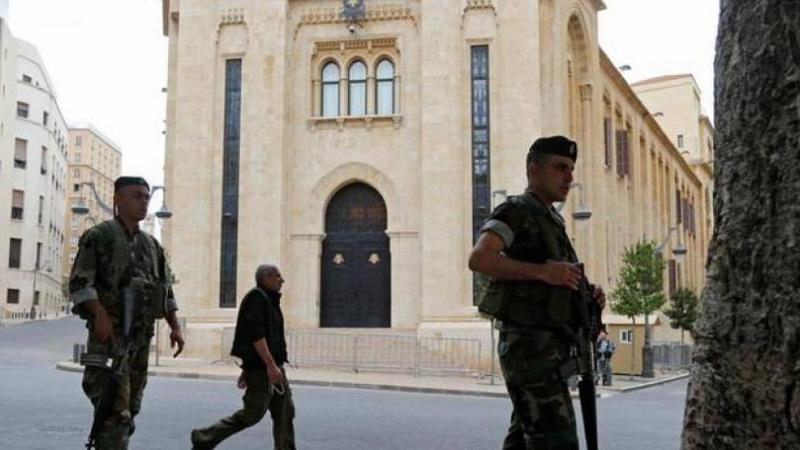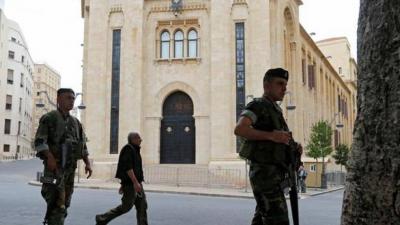The parliamentary elections battle is not the critical battle; it is an important stop on the way after the elections. It is not true that the results do not change anything. The reality is that being held hostage to the results is one thing, while the ability to leverage those results is another. What is meant to end in Lebanon after the Taif Agreement, following direct Syrian tutelage and then Iranian tutelage via "Hezbollah," is the fundamental function of elections in democratic systems: the rotation of power. What has been established by force is that actual power remains in the hands of one party, regardless of the results, merely substituting some of the decor in formal positions of power. The beginning of the critical battle is to work towards ending this abnormal and dangerous situation that has solidified a form of authoritarianism behind a facade of flawed democracy.
The essence of this battle is not the struggle for power for the sake of power, but to regain the Lebanese decision that has been seized, to build a state project, and to preserve Lebanon's identity, role, and its Arab and international relations. "Hezbollah" mocks calls to "Lebanonize the party." It repeatedly states that "without the Islamic Resistance, Lebanon would not remain," and what it wants is for Lebanon to be shaped in its image, not for it to become like Lebanon. The issue is not "Lebanonizing the party" but rather "Iranianizing Lebanon," or at the very least, ensuring that the goals of the "Axis of Resistance" become the compass for all directions within the small nation.
It engages in elections in a military-style manner: maintaining its center of control, managing the battle of allies, destroying opponents, and preventing them from maneuvering where possible, threatening those who ally with them when necessary. Moreover, "Hezbollah" acts on the basis that the Islamic Resistance is an autonomous entity, part of the "Resistance Front" in Iraq, Syria, Gaza, and Lebanon, led by Iran. This has been described by the "Kayhan" newspaper, close to Supreme Leader Ali Khamenei, as "the most significant achievement of Khomeini's revolution." A stable entity in Lebanon that transforms into a mere "base" for resistance and its regional role.
There is a considerable difference between Lebanon reflecting the Islamic Resistance and a national resistance that embodies Lebanon and its people’s diversity. In reality, "Hezbollah's" strategy of maintaining permanent control over actual power is accompanied by an electoral tactic aimed at helping its allies stay in formal power. Ironically, it currently plays the role of the guardian of a system it ultimately wishes to change radically, since the "status quo" benefits it, despite being detrimental to the people, while awaiting the right moment for change.
Here lies the critical battle: either changing Lebanon according to "Hezbollah's" desires, or altering the status quo that guarantees it actual power and ensures its allies hold positions in the presidency, paving the way for a historic popular bloc to pull Lebanon out of economic decline and to build a state of sovereign Arab citizenship. Historian Paul Kennedy states about wealth and power: "Power protects wealth, and wealth finances power." However, in Lebanon, power protects the corrupt who have amassed wealth through the country's bankruptcy, leading it into economic collapse. The wealth that funds this power comes from Iran.
Rafiq Khoury - Nidaa El Watan




